After a year of living in London, summer in New Zealand was a little more pricey than I expected. Although there were some upsides, writes Victoria Harris.
It was an early morning back in January. I'd just arrived back to Auckland from London, and was pounding the pavement looking for a strong coffee to cure my terrible jetlag. I stumbled across a cute café, went inside and ordered an oat flat white. When I was about to swipe my card I noticed the eftpos machine read $8. I quickly got the barrista's attention and said "sorry, I was after an oat flat white", thinking she'd misheard me and charged me for an extra-shot-iced-coconut-matcha or something for that kind of price. But I was wrong. Welcome to New Zealand. My daily coffee was now going to cost me NZ$8 or nearly NZ$3000 a year!
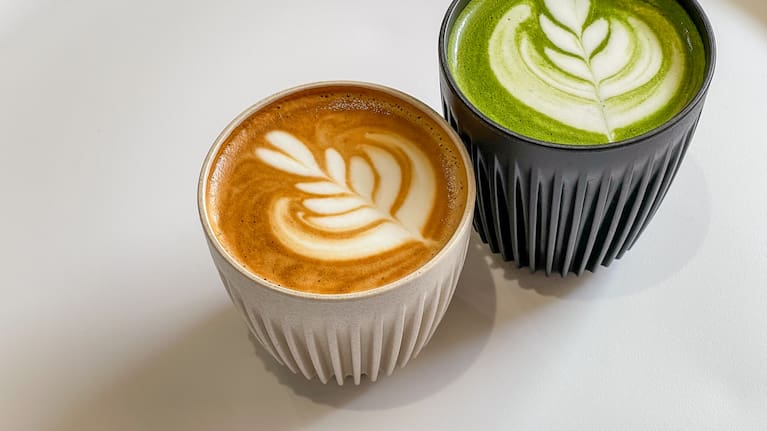
Let’s not forget, less than two years ago both countries were experiencing inflation at levels we hadn’t seen for over 40 years. For me, that's never in my lifetime. Frustratingly, we’re still feeling the effects of the cost-of-living crisis globally, but the way we respond to it varies between countries.
Having now spent the entire summer here (I fly back to the UK tomorrow), here are a few things I noticed.
Victoria Harris noticed some differences about the cost of living in New Zealand after spending a year away. (Source: Breakfast)
1. Coffees and dining out cost more in Auckland than London
While coffee prices have crept up in the UK too, it’s still common to grab a decent coffee for £2.50 to £3 (NZ$4.50 to $6.70). And while not every café in New Zealand charges $8, you’d be hard pushed to get a coffee for less than $5 here now. The price gap widens even further when it comes to eating out. A casual pub meal in London can be around £12 (NZ$27), while in New Zealand, you’re often looking at more than $30 for a main course at a standard restaurant. Add in drinks, and suddenly a simple dinner for two costs over NZ$100.
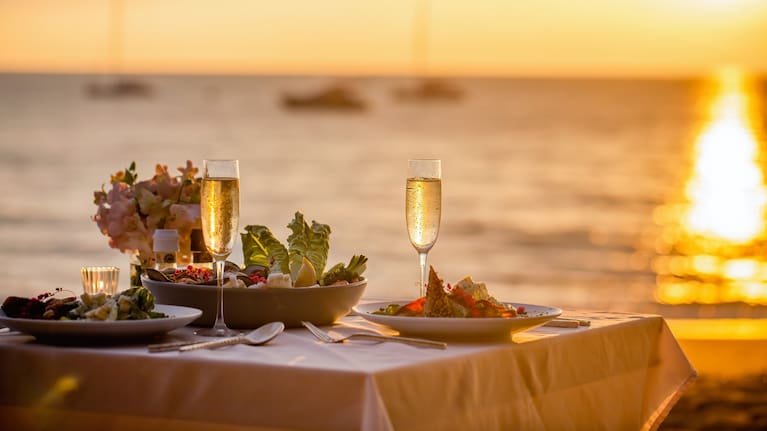
2. Groceries: The UK wins
New Zealand’s supermarket duopoly (Foodstuffs and Woolworths) has been a hot topic for years, and it’s easy to see why when you’ve experienced grocery shopping in the UK. Seasonal NZ produce can be affordable, but off-season? Pricey. I can’t go to the supermarket in Auckland without dropping over $100 for a few essential items. The UK, thanks to its supermarket competition and European imports, often offers cheaper produce year-round and essentials like milk, bread and eggs are surprisingly cheap thanks to budget supermarkets like Aldi, Lidl, and Tesco keeping staple costs low.
In NZ, prices fluctuate more and without budget supermarket chains people don’t have the same level of choice.
Where New Zealand does well is local quality – produce is fresher, and farmers markets are fantastic. But for the budget-conscious shopper, the UK is the clear winner.
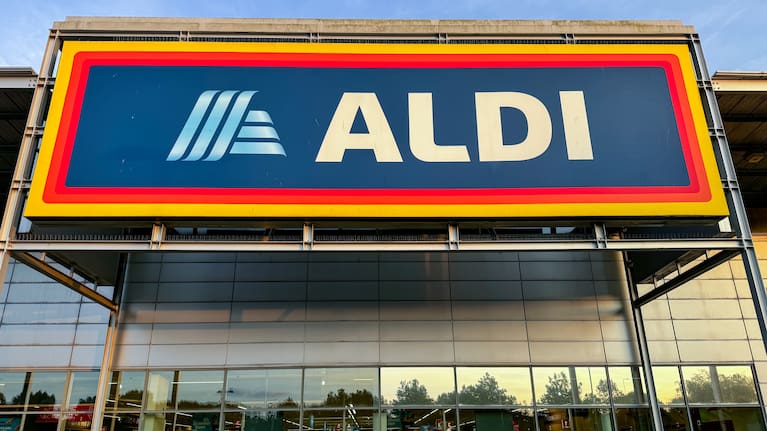
3. Transport: Kiwis stick to their cars
Domestic travel within New Zealand is notoriously expensive, with flights between cities sometimes costing as much as a trans-Tasman ticket. Air New Zealand dominates this market, meaning limited price competition.
In the UK, budget airlines like Ryanair and EasyJet make hopping to Europe super affordable, with flights available at under £50 (NZ$112) if booked in advance. Train travel, however, is a different story. London’s transport system is great and reliable – but expensive. A daily Tube commute can easily cost £10 (NZ$22.45). New Zealand's bus services aren’t amazing or reliable, but they’re improving. Let’s be honest, driving is still the default – in most of New Zealand, a car is still a necessity and petrol is expensive too.
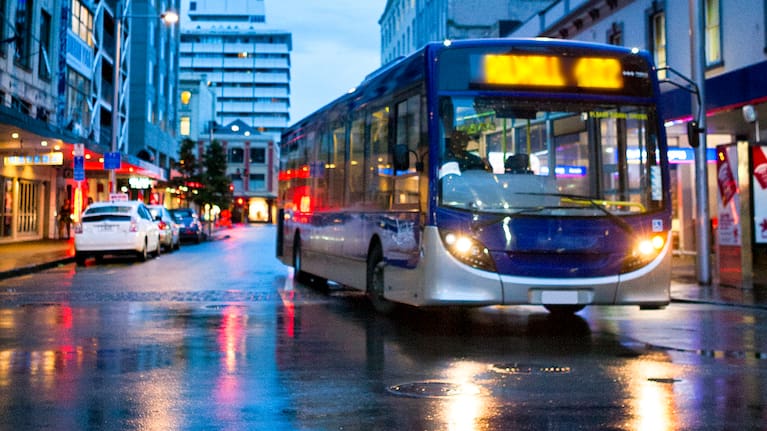
4. Housing and rent are painful in both places
Everyone talks about London rent prices and yes, they’re INSANE but wages tend to be higher too, making them painful but not impossible. Whereas in New Zealand the price of buying or renting a home in the context of the average income is ridiculous. Even though it's been years since a surge in the property market, the market still appears almost impossible for many first-home buyers, especially with the high interest rates of recent times – costs that landlords, in turn, pass on to renters.
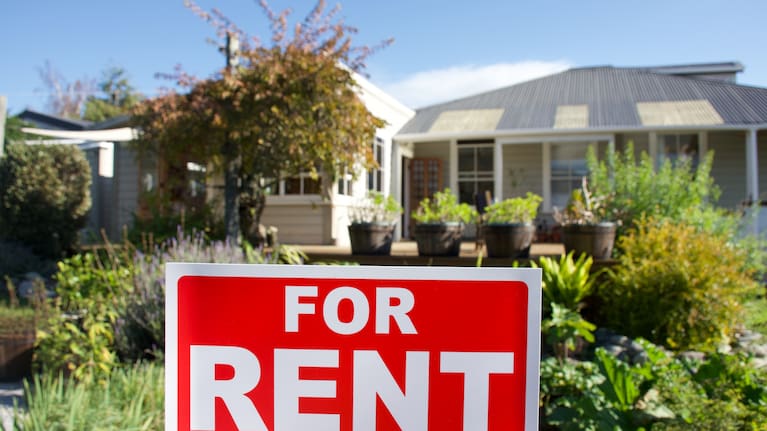
5. The UK feels more budget-conscious
The cost-of-living crisis is a big issue in both countries, but the UK seems to have a stronger culture of “budgeting” and discount shopping, possibly because more options are available. UK shoppers love a bargain – discount grocery stores like Aldi and Lidl are packed because people actively seek out the best deal for basics.
I feel like the average Kiwi tends to be more relaxed about money and willing to spend on experiences, travel, and lifestyle even when costs are high.
One major similarity? Both countries are feeling financially squeezed, and rising costs are forcing people to cut back in ways they wouldn’t have a few years ago.
6. The NZ and UK job markets are similar
While some Kiwis have been heading to London due to redundancies here, sadly job security feels unstable in the UK too. 2024 saw a wave of layoffs, particularly in tech, finance, retail and journalism. And 2025 is promising more of the same. The economy isn’t growing much, which makes career moves harder. Sound familiar?
Neither New Zealand, the UK or many other countries have it easy right now. Inflation, housing affordability, and job security are challenges all around the world and there's never been a better time to wise up about money and make sure that, no matter how much or little you have, you're using it wisely and watching exactly where it goes.
Victoria Harris (with Sophie Hallwright) runs The Curve, a finance education platform.



















SHARE ME